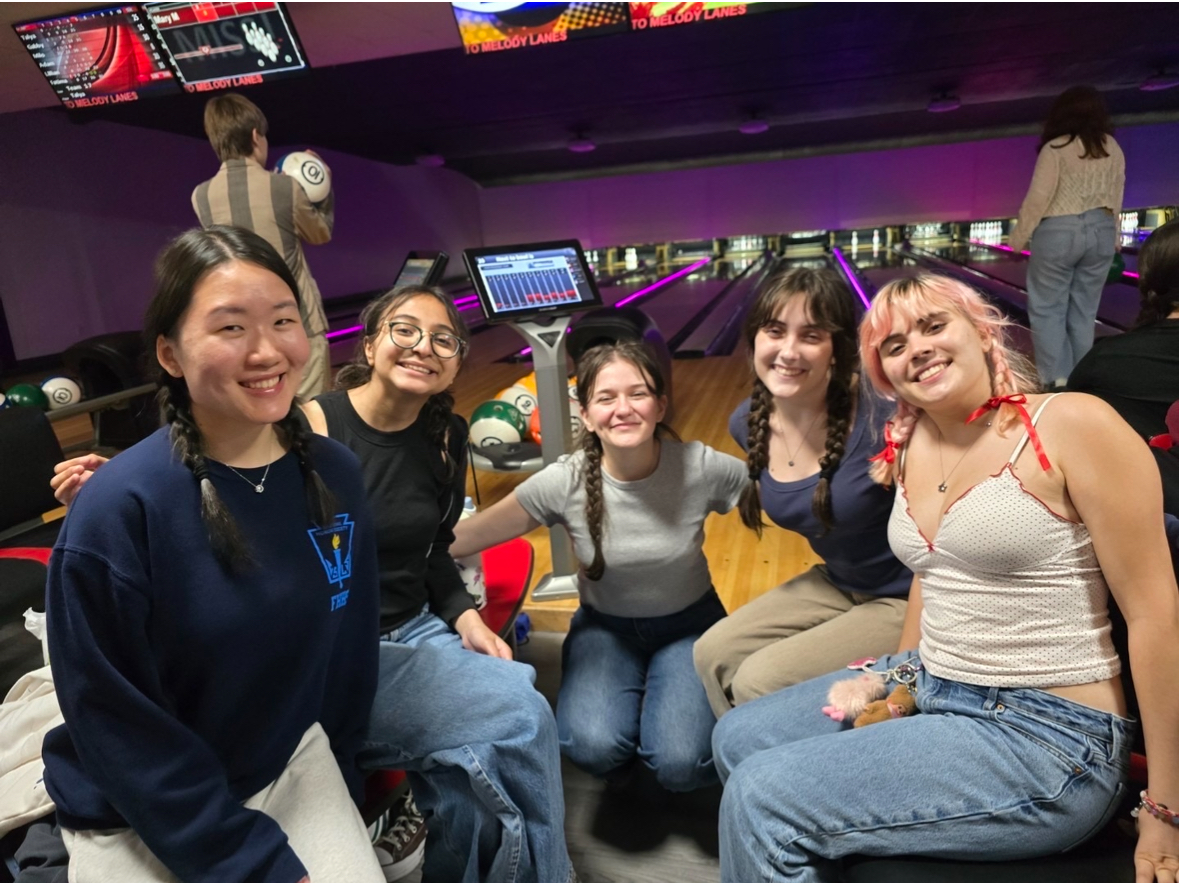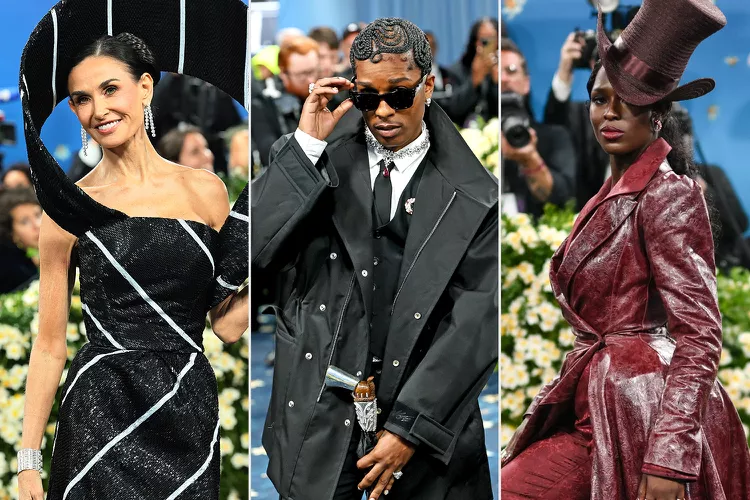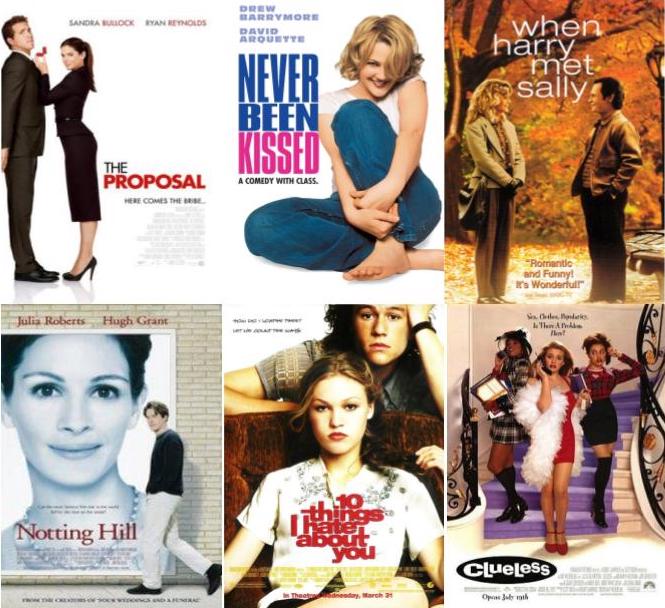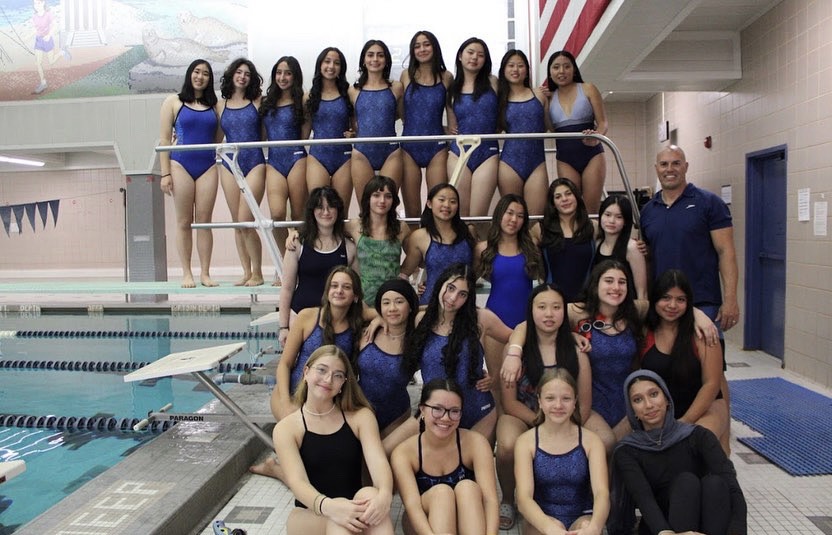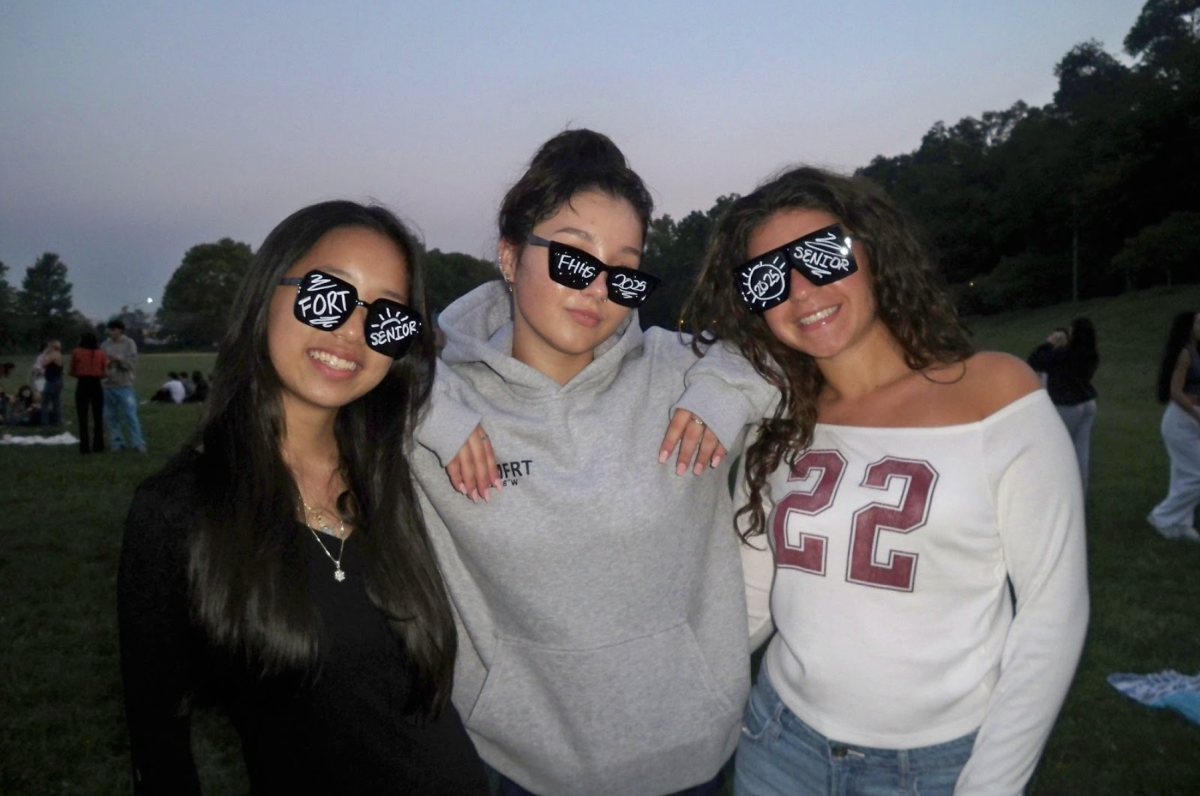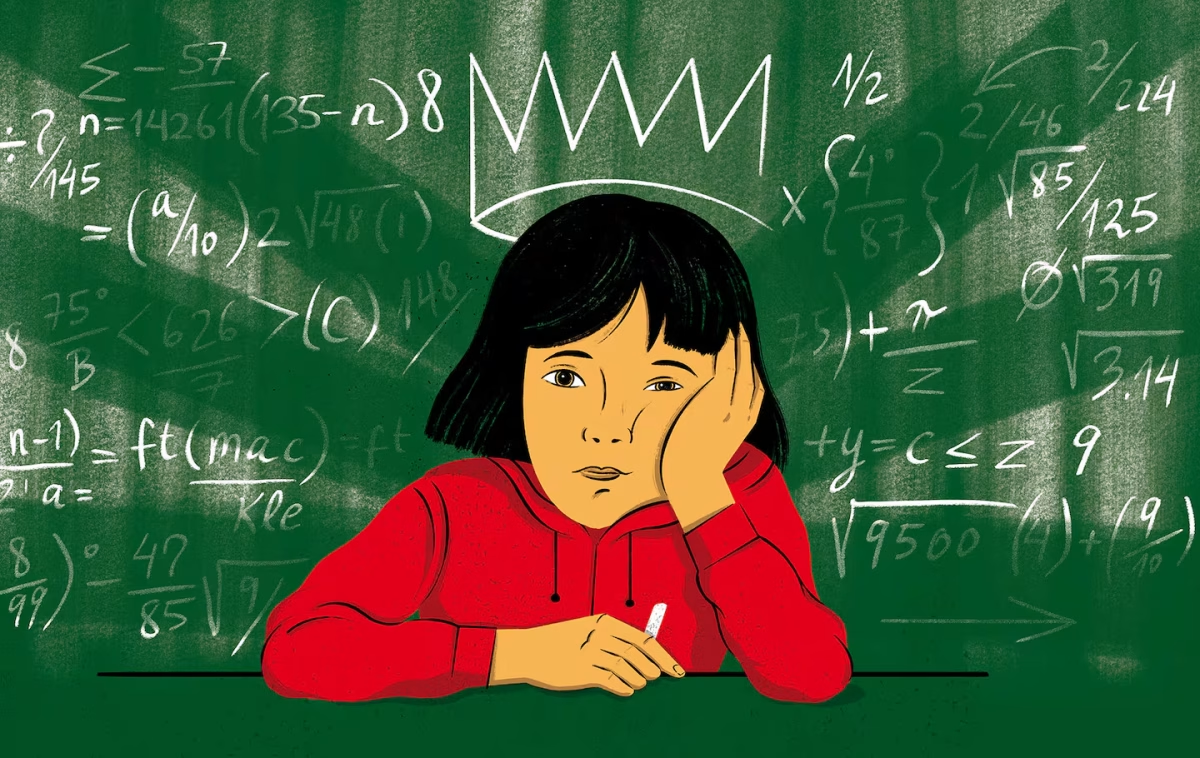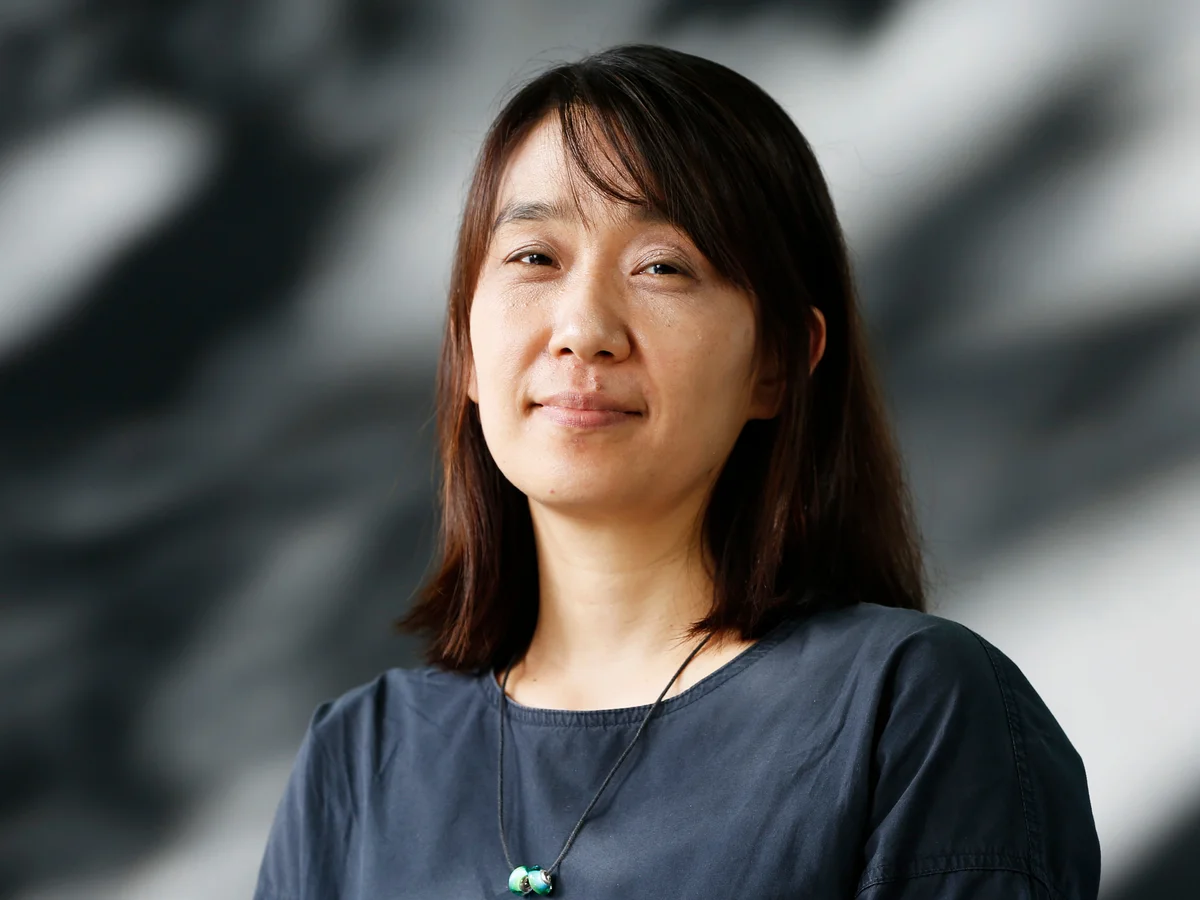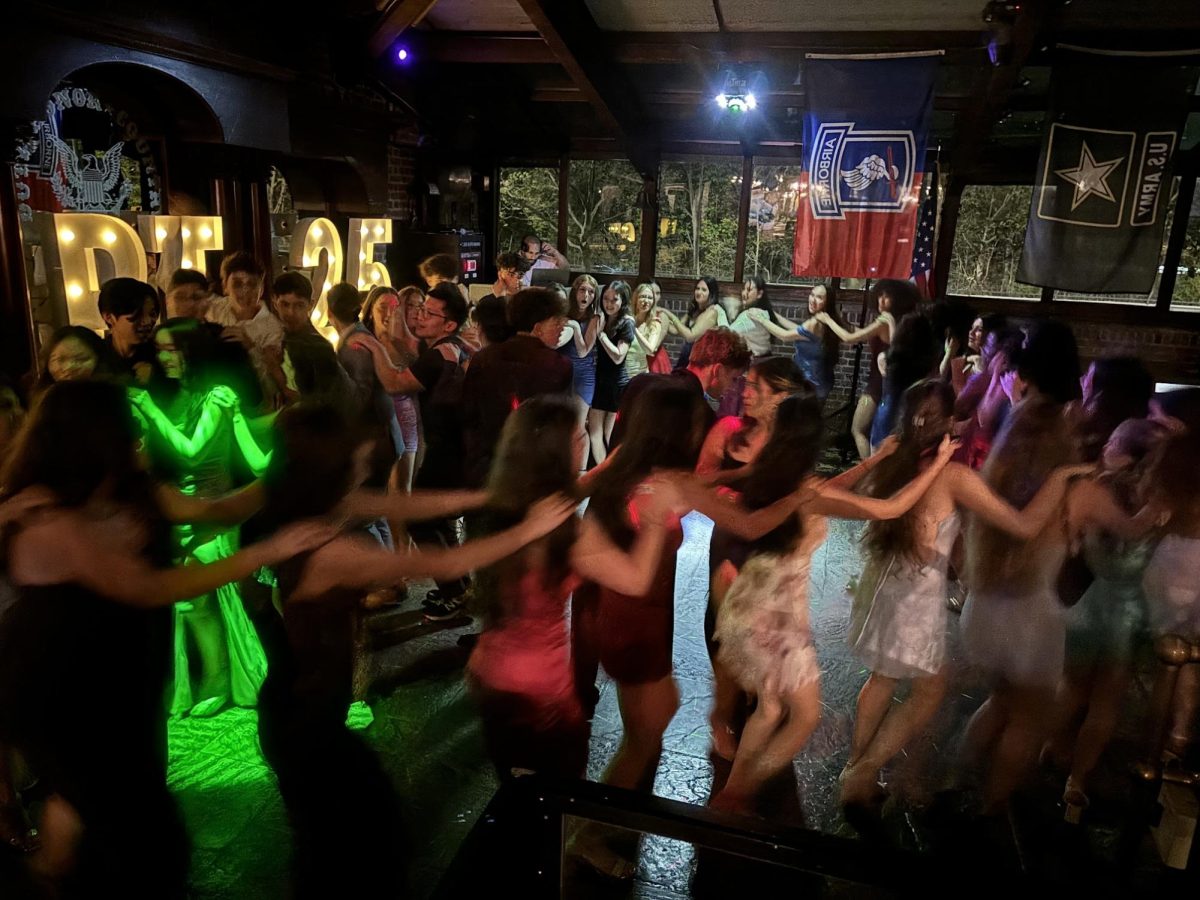On October 10th, 2024, for the very first time, a South Korean author won the Nobel Prize in Literature. This victory serves not only as the first South Korean win in the category of literature, but also as the second Nobel Prize a Korean has ever won in history. Han Kang, a novelist best known for her 2014 work, Human Acts, discussing the Gwangju Uprising and history of dictatorship in South Korea, as well as her 2007 work, The Vegetarian, which had previously won her the International Man Booker Prize, on the basis of her “intense poetic prose that confronts historical traumas and exposes the fragility of human life.”
Upon her win, her works quickly sold out of several of Korea’s larger bookstores, and she was congratulated by several members of parliament and South Korean president, Yoon Suk-Yeol, who called her victory a “monumental achievement in the history of Korean literature and a national celebration that brings joy to all the people” on his Facebook page.
On October 19th, however, a different response greeted Kang’s win within South Korea. On an episode of Saturday Night Live Korea, actress Kim Ah-Young starred in a caricature of Kang, mimicking and mocking her speech and facial expressions. While the episode came under fire for its “cheap jibes,” it was not completely unexpected – because in spite of the significance of Kang’s historic win as a South Korean, the response to her victory as a woman underscores the increasing gender tensions within Korean society.
According to a study conducted by Korean newspaper Sisa IN in 2019, 60.8% of men in South Korea believe that misogyny is not a serious problem in Korean society. 68.7% of men, however, feel that discrimination against men is a serious problem. In light of increasing issues within Korean society, such as a shrinking economy and few labor protections, the continued push for women’s rights has continued within the last couple of years to serve as a scapegoat for national ills.
While the explicit and more serious instances of misogyny in Korea tend to receive more attention, such as the recent hate crime against a short-haired part-time worker assumed to be a feminist, much of this misogyny is far less obvious and can be seen even within regular cultural discourse.
This implicit misogyny also tends to lead to more serious discrimination. Take, for instance, the recent controversy surrounding pop girl group NewJeans, who’ve taken action against their label’s parent company, HYBE, following allegations of mistreatment, mismanagement, and disrespect from the higher ups and employees. On the very same episode in which Kang was mocked by Korean SNL, NewJeans member Hanni Pham, who had recently spoken at the Korean General Assembly to advocate for labor rights being extended to entertainment workers in Korea, was also portrayed in a very similar demeaning manner.
This disrespect isn’t limited to music, though. At the most recent Miss Korea pageant, one question, according to Hankyoreh, posed to the female contestants sparked a great deal of contention: “If a deep fake video version of me is more attractive, how can I bridge the gap between that and the real me?” The question itself was seen as degrading to the contestants and reductive of the harm of deep fakes, especially considering the recent push for legislation making the possession or consumption of inappropriate deep fake content illegal.
According to the Korea Times, around 80% of those arrested for deep fake crimes in 2024 were teenagers. In 2024 alone, almost 800 students and 31 teachers had informed authorities about deep fake content targeting them. The causes for this content, according to Professor Hong Nam Hee at the University of Seoul in an article for PBS, are predominantly the lack of social media regulations and limits for minors as well as rampant misogynistic culture.
While the increase of both extreme and latent misogyny within Korea does seem dire, progress is still being made within Korea to combat this. With regards to deep fakes in particular, after students at various high schools and secondary schools across Korea worked to call attention to Telegram channels distributing such content, the government stepped in to investigate said digital sex crimes, with President Yoon stating that the content was “an exploitation of technology while relying on the protection of anonymity.”
While feminism is still heavily stigmatized in South Korea, various social media accounts have emerged of South Korean feminists both translating and exposing acts of misogyny within Korea in order to gain more support from the international community, such as Team CAT, one of the accounts behind the exposure of various illegal Telegram channels. With regards to the more implicit acts of misogyny, though, change still appears on the horizon; backlash emerged rapidly against the mockery of both NewJeans’ Hanni and Han Kang, with much of the criticism highlighting said misogyny. With regards to Han Kang, her win, not just as a South Korean, but as a South Korean woman, could do even more to push against misogyny and to push for feminism.

